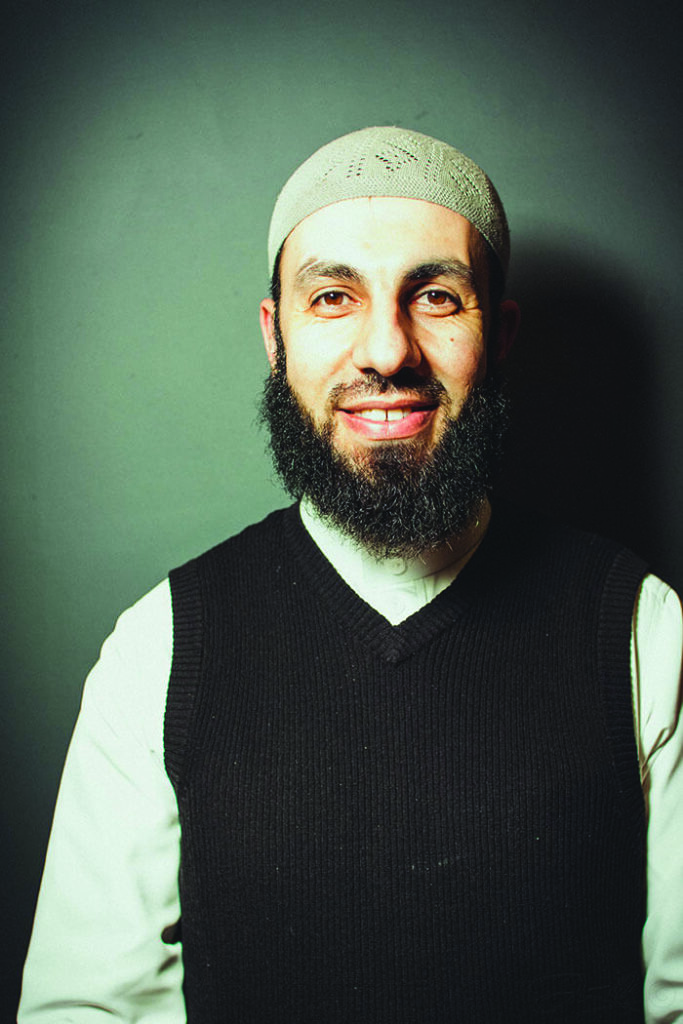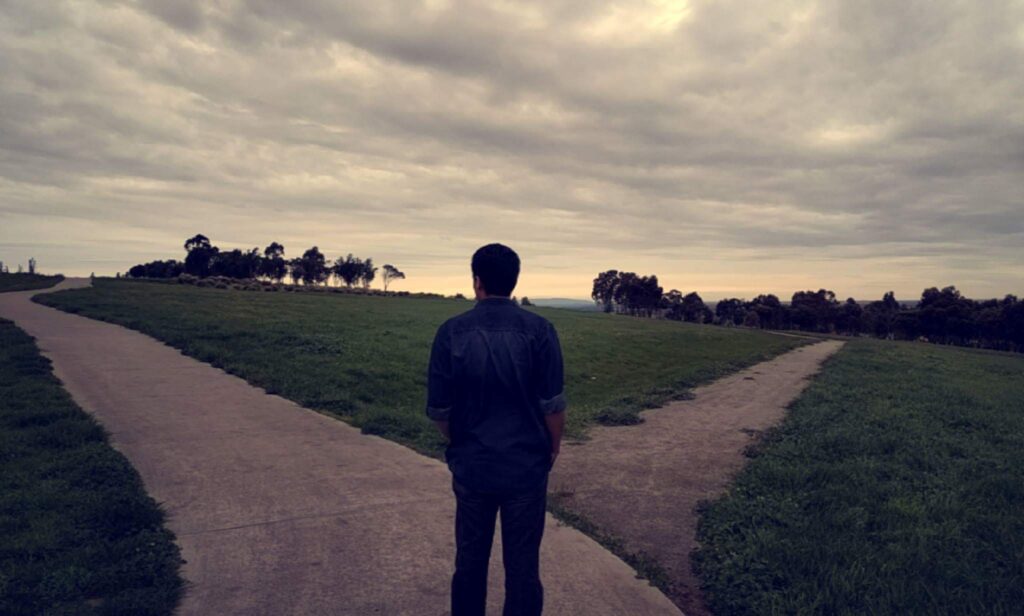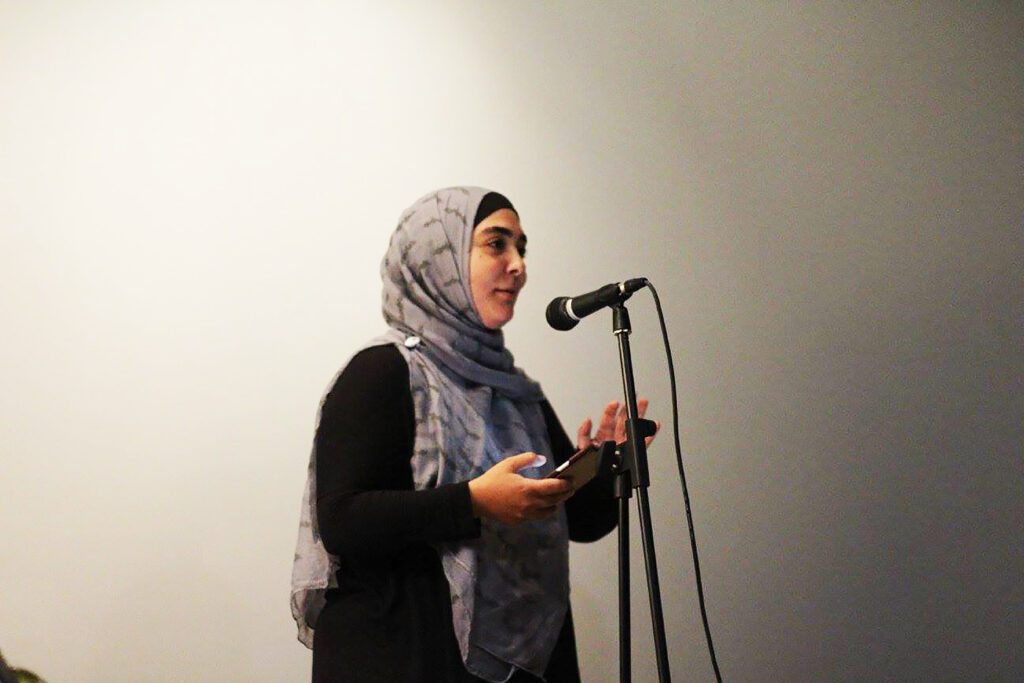How To Find The Time To Do It All

Do you often feel like there’s so much to do and not enough time to do to it all?
Sometimes that never ending to-do list gets so overwhelming, that we start procrastinating. Unfortunately, the longer you put o the task, the harder it is to do.
Things are never as bad as we anticipate, because “Allah does not burden a soul beyond that which it can bear” [2:286]. If it’s on your plate, you can handle it.
People overestimate what they can achieve in a day, but underestimate what they can achieve in a decade. is underestimation is why most people don’t push themselves.
As Muslims, we have been encouraged to think big and great, by constantly being reminded in the Qur’an how we should be striving for the ultimate success of paradise. “For such the reward is forgiveness from their Lord, and Gardens with rivers owing underneath – an eternal dwelling. How excellent a recompense for those who work [and strive]!” [3:136].
What’s more important than time management?
Focus management.
Recently people have been obsessed with time management. What they should be caring about instead is focus management. Everyone and everything from social media, advertisements, your friends, and family, all they want is your attention. is has trained our brain to be easily distracted. Now we feel uncomfortable to do only one thing at a time and get this odd feeling that we need to do something else like check for notifications, when we’re actually supposed to be working on an important task.
Multitasking makes things worse
There was a time where people thought multitasking was the way to get more done in a day, but research now shows that it reduces our ability to focus. Although, sure, we could manage a physical activity and mental activity at the same time, like walking and listening, our brains can only focus on one mental task at a time. In fact, the more you keep switching between tasks, the less focused you get.
Studies show that every time you switch between tasks, it takes at least 20 minutes to get back to that level of focus you had before the switch, and it gets worse with additional tasks.
On top of that, you are less mentally and spiritually devoted to the individual task. Is your heart really in it if you’re scrolling through Instagram when you’re supposed to be giving your undivided attention to your friends next to you?
Did the Prophet PBUH multitask or monotask?
Evidence from the life of our Prophet Muhammad PBUH shows that he would monotask, not multitask. For example, in a conversation, he was a focused listener, which made the sahaba feel valued. When he spoke, he would speak succinctly, whereas when we talk, we go out on tangents since our minds are unable to focus. According to Ali RA’s descriptions, “Whenever one spoke to him the other would keep quiet and listen till he would finish… He did not interrupt someone talking and did not begin speaking when someone else was busy speaking.” [Tirmidhi]
Block out focus time without distractions
When you multitask you are frequently task switching, which reduces the effectiveness of your brainpower. To focus better, get things done and still have enough time to do other things, you need three things.
- A distraction free environment, so take preventative measures by putting your phone on airplane mode or by going to a different room.
- Dedicated focus sessions.
- Timed breaks. is allows the brain to have moments of concentration along with some free time.
To help with your focus sessions, you can use the ‘pomodoro technique’. The pomodoro technique was developed by Francesco Cirillo. He used a tomato shaped timer to divide a specific task into 25-minute focus sessions that are separated by 5-minute breaks, and after four focus sessions there’s a longer 30-minute break.
You can adjust the timings to be a little shorter or longer depending on what works for you. There are many pomodoro timer apps that you can use such as Be Focused, Tide, and Forest.
Hopefully after giving this a go, you can finally get things done and feel accomplished!
ABOUT THE AUTHOR
Faria Zahra
Faria Zahra is a life Coach and public speaker, and is dedicated to help students live a purposeful, organised, and healthy lifestyle. She studied psychology and physiology at Monash University, and was an editor at ProductiveMuslim.com. You catch can her on her blog FariaZahra.com and on her YouTube channel: Faria Zahra.
Originally printed in Podium Magazine Edition 2, published in 2017.











































































